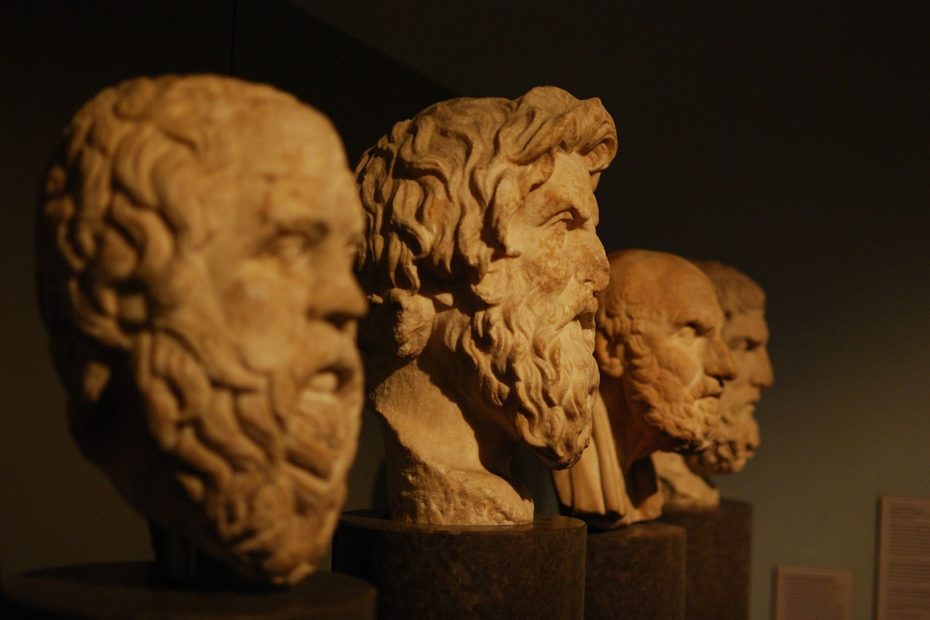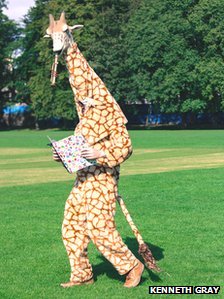National Oxford Uehiro Prize in Practical Ethics: To What Extent Has Aristotle’s Conception of a Virtuous Character Remained Relevant in the Face of Situationist Criticism?
This article received an honourable mention in the undergraduate category of the 2024 National Oxford Uehiro Prize in Practical Ethics. Written by Gabriel McWilliams. The concept of a virtuous character is a foundational tenet of the broader virtue ethics doctrine. It has, though, been subject to noteworthy objection. One such objection arises from the theory of… Read More »National Oxford Uehiro Prize in Practical Ethics: To What Extent Has Aristotle’s Conception of a Virtuous Character Remained Relevant in the Face of Situationist Criticism?


